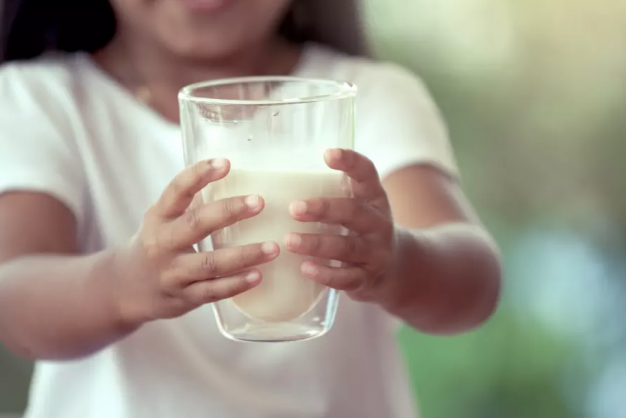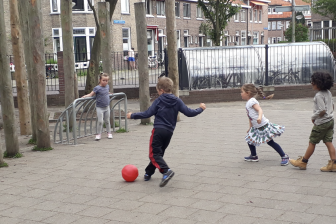
EU’s fruit and milk scheme reaches millions of schoolchildren
The European Union (EU) has relaunched a successful scheme which gives fruit, milk and vegetables to schools for helping millions of children in European cities eat healthily.
Dedicated educational programmes will also teach pupils about the importance of good nutrition and explain where their foods come from. The scheme builds on the good work of recent years, which last year helped more than 30 million youngsters in Europe, many of whom come from low income families who are struggling to survive.
The scheme sees 150 million Euros ringfenced every year for fruit and vegetables, and 100 million Euros for milk and other dairy products. It is not mandatory for countries to sign up but so far all 28 EU member states have got involved. Earlier this year the EU approved the individual allocations for each country, who can also make their own financial contribution to the scheme.
Quality
Phil Hogan, European Commissioner for Agriculture and Rural Development, said: “It is important to know where our food comes from and the hard work that comes with it. With the EU schools schemes, not only do the children learn about farming and food production but they also taste quality produce and benefit from their nutritional values. It is never too early to enjoy good food.”
The choice of products given out is based on a range of factors, including health and environmental considerations, seasonal availability and variety. Countries can also encourage local or regional buying, promote organic products, and encourage short supply chains and agricultural quality schemes.
Educational
The distribution of the fruit, vegetables and milk is complimented by educational activities for children, while most countries have committees which involve local authorities working with stakeholders in agriculture, health and education. More information about the EU school fruit and vegetables scheme, including a breakdown of individual countries’ allocations, is available from the EU website.
Such a scheme however also highlights the inequalities that persist throughout Europe concerning the rights of children to have their basic dietary needs met. Yet with many families still below the poverty line, policymakers often hamstrung by budgetary constraints continue to face tough challenges.
Conference
This month’s Child in the City World Conference will focus on a variety of themes that examine what cities are doing to help ensure children’s basic needs. There will be four key themes, one of which is equality and diversity in the child-friendly city. This includes the parallel session: urban development and poverty.
Healthy eating and public health campaigners are among those who should be attending the conference, which takes place in Vienna from September 24-26. Visit the website for the full programme and how to book your place.




